Once again, Synchronized Chaos Magazine expresses sympathy for all the people affected by the recent violence in the Middle East and shares the hope for a peaceful and just resolution and for justice and equality for the region’s many groups of people.
In the spirit of what we do here, we are sharing author Michael Lukas’ recommendations of fiction and poetry from both Israelis and Palestinians that he and others believe will help people understand the issues and the cultures in the region.
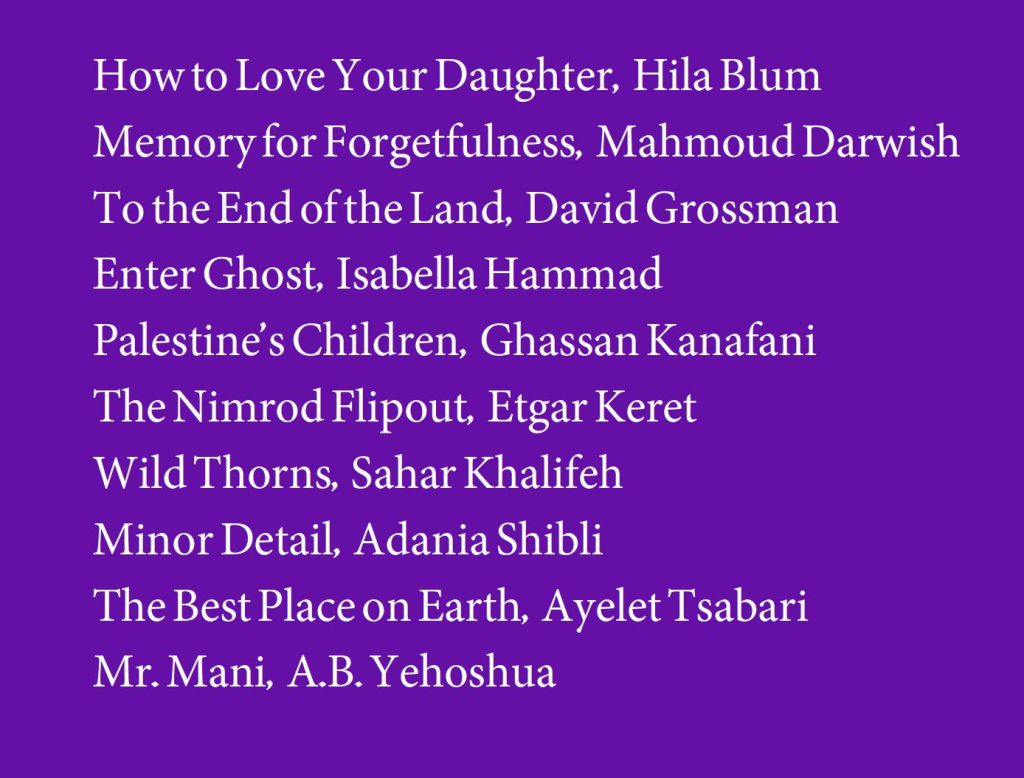
Please feel welcome to suggest other titles.
We are also aware that Afghanistan has suffered an earthquake that has killed thousands of people. We invite people to help however they can and suggest the Afghan-founded and led organization RAWA which assists those of all genders and racial backgrounds in the country. They are seeking people to translate articles on their website and help in a variety of ways.
Also, we stand with the people of Burma who are continuing to undergo war and repression. We encourage people to assist through groups such as Doctors Without Borders. And we acknowledge the great conflict and displacement crisis in Sudan and encourage people to donate books (textbooks included, everything except murder mysteries and encyclopedias) to schools in Africa through Books for Africa.
This month’s issue looks at life from different vantage points: from speakers who are fully engaged in their surroundings and from others who overhear or watch from a distance.
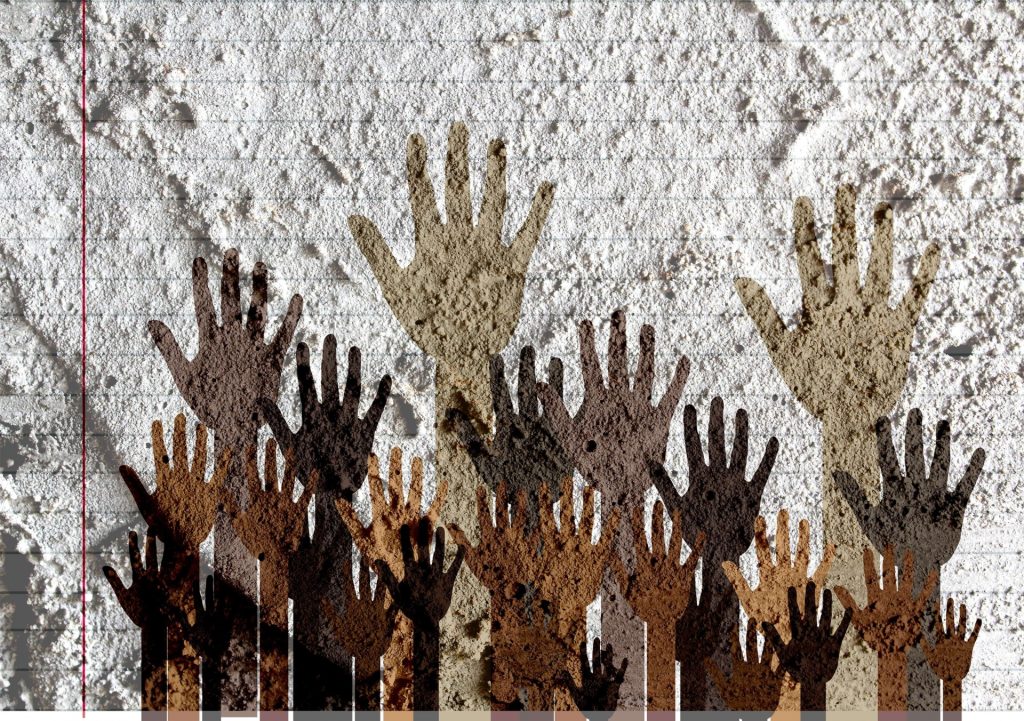
Image c/o icon0.com
Brian Michael Barbeito shares the experience of sitting alone and catching bits of nearby conversations. Michael Tyler relates encounters with random people at a party. J.D. Nelson reflects on the sounds he hears at night a men’s homeless shelter.
Christopher Bernard’s poem’s narrator finds herself mistakenly at her own funeral, overhearing snatches of gossip while entombed in a coffin.
In his photography, Daniel De Culla focuses in on objects and creatures that are slightly out of place. In Mark Young’s poem, a postwoman brings the slightly-askance world to the speaker’s doorstep. Nathan Anderson plays with words and letters in a rhythmical manner reminiscent of electronic music while Thomas Fink contributes unique horseshoe-shaped concrete poems on memory and change.
Taylor Dibbert writes of his speaker’s loss of London the dog, a moment he never knew would be the last with her.
Qosimova Parizoda speculates on the psychology of a short lived butterfly. Do they grieve the brevity of their existence?
Jerry Langdon evokes mortality in a philosophical, tragic sense through the symbol of a gathering of ravens, while Zahro Shamsiyya speculates on the world after her future death.
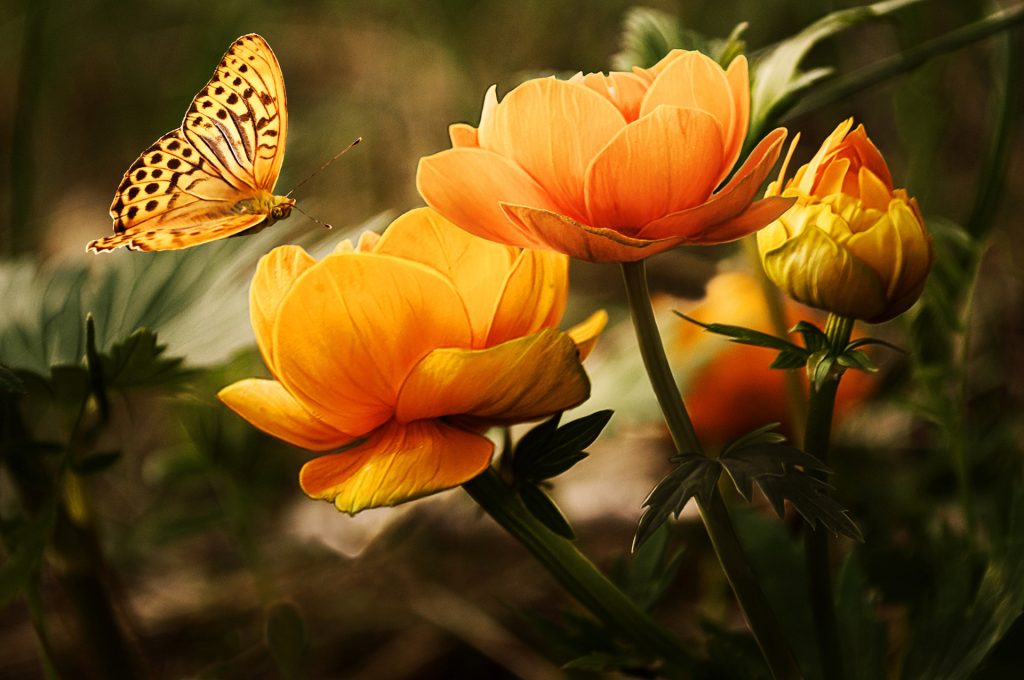
Others focus in, deeply absorbed by a place or setting.
Isabel Gomez de Diego sends up photographic vignettes of fall country life, people, leaves, and apples. Brian Barbeito’s photography is a selection of natural moments, a mix of panoramas and closeups. Monira Mahbub celebrates the natural and human beauty of her country, Bangladesh.
Mesfakus Salahin describes the poetry written in the shapes of clouds, while Annie Johnson reflects on night’s blurring the edges between imagination, sentiment, and reality. Azemina Krehic meditates on danger through a surreal image of a mulberry tree.
Wazed Abdullah highlights the beauty and charm of music. John Culp metaphorically illustrates how the world of natural and human-built objects metaphorically calls to each other and communicates.
Graciela Noemi Villaverde loses herself and her bearings in the vast fiery energy of her creativity.
Kristy Raines highlights how true love fosters her personal growth and helps her become her best self, while Samuel Dayo evokes the intense emotions that come from romance. Faleeha Hassan depicts a love that consumes a woman’s life yet perennially remains a fantasy. Elmaya Jabbarova wistfully reflects on the tender feelings that can come with love and separation while Lilian Dipasupil Kunimasa rejoices in romantic and family love that shines like a light in a sea of cruelty.
Bahora Bakhtiyorova offers a tribute to her sister who’s a friend and confidant, as well as sharing her personal accomplishments. Qurbonova Gulsanam shares how the support of her family helped her realize success. Mirta Liliana Ramirez basks in the love she has for her young son. Abdullah Al-Mamun reflects on how much he appreciates his best friend and Ali Sony honors his father’s teaching and the patient love he has for him and his mother and sister.
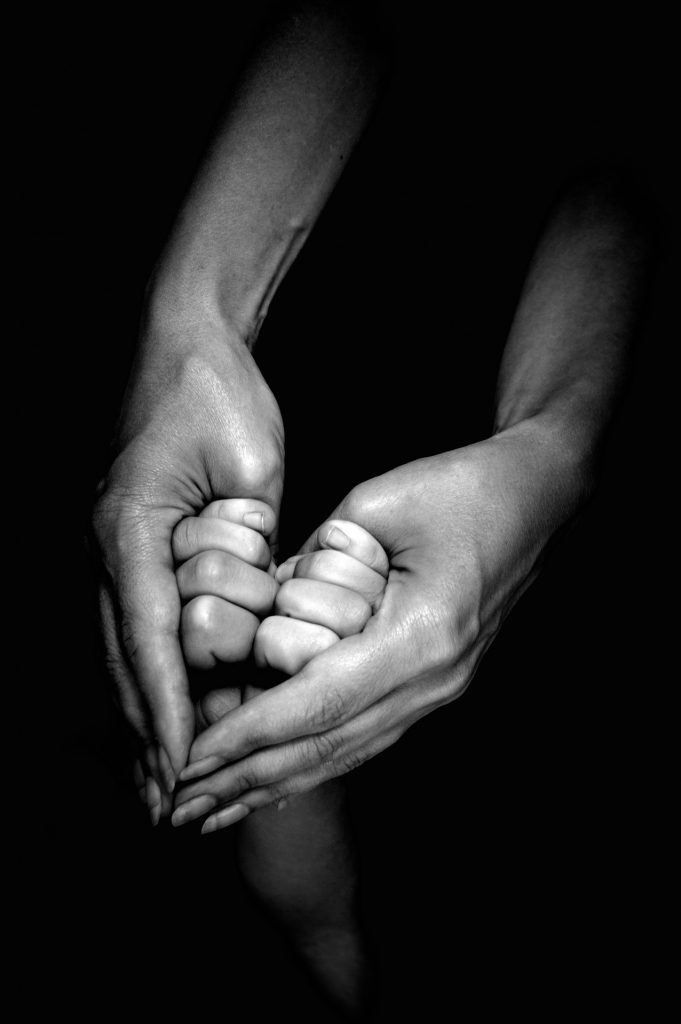
Jim Meirose sends up a story about how we relate to the physical, animal parts of ourselves.
Denis Emorine’s new collection A Step Inside, reviewed by Cristina Deptula, probes the inner struggles of an artist to create.
Many others are involved in their worlds, yet still observing themselves and others from a distance.
John Grey reflects on uncertainty through his humorous poems on life’s caprices. Noah Berlatsky considers his relative importance in the poetic sphere with humility.
Jerry Durick’s poetic speakers attempt to figure out their travels in various humorous ways.
Duane Vorhees writes of living within this world and seeking transcendence beyond it, while J.J. Campbell speaks to mortality and nostalgia and Dilnurabonu Vaisova sends up a poem of love and longing. Niginabonu Amirova looks back on the games her grandparents played on the playground and the life lessons they learned from them.
Muhammad Ubandoma writes of natural and supernatural forces which people can’t escape. Shamsiya Khudoynazarova Turumnova expresses a sadness so deep she wishes to destroy her own poetry. Aasma Tahir relates a kind-hearted soul’s escape from a city that had hurt them, while Aklima Ankhi watches the state of the world with concerned vigilance.
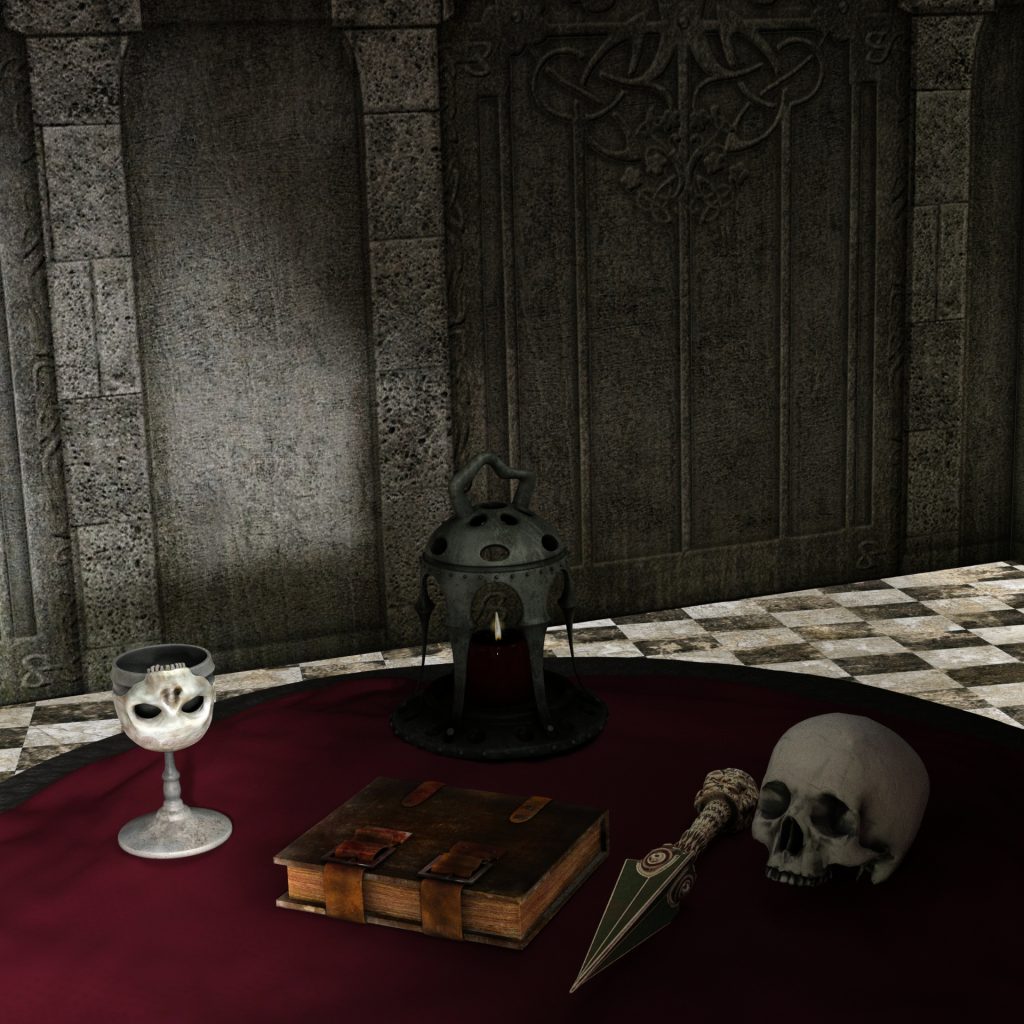
This frame of mind has the advantage of allowing contributors to see the world as it is, yet speculate on alternative possibilities.
Maja Milojkovic urges all humans to heed the call of Mother Nature and keep the Earth clean and healthy. Mahbub Alam laments political violence and environmental destruction. Amanda Dixon describes her trip to a nature sanctuary along Georgia (USA)’s Ocmulgee River’s longleaf pine forests in great detail and reflects on how she and others can reconnect with nature. She further develops this theme in a poem on how embracing natural jungle environments helped heal post-traumatic stress syndrome for children of soldiers home from war.
Parvej Husain Takuder outlines some hypothetical positives and negatives of artificial intelligence technology.
Muhammad Ehsan offers a guide to leadership that inspires people towards competence rather than rote obedience.
Santiago Burdon conveys the continuing pull of past bad habits and wishes for better for himself.
Odina Rustamjonova resolves to make the most of life and keep a good attitude in hard times, while Terna Nicholas dreams of a better day in the future. Manzar Alam holds out long-awaited hope for a kinder world amidst terrible social injustice and violence.

Begim Khadjieva outlines a moral dilemma on friendship, family, and hospitality, while Rukhsatbegim Hojieva shares a story about the virtue of being good even at risk to yourself. Ochilova Nozima speaks to the importance of respect and love for one’s elders.
Sevenchbonu Ozodova contributes an essay on how girls and women need education and skills to ensure their security. Bakhtiyorova Gavkhar outlines the educational programs of a leading university in Uzbekistan.
Yahya Azeroglu describes the accomplishments of Turkish human rights campaigner Nergiz Muhammedi and her qualifications for the Nobel Peace Prize. Susie Gharib pays tribute to dead Middle East human rights activist Rachel Corrie while reflecting on loss, regret, and silence.
Daniel De Culla draws on a dead pigeon as a metaphor for civilians who die in wartime, while Taofeeq Ibrahim issues a strident call for peace in his nation. Mykyta Ryzhykh evokes the tragicomedy of life and death in light of modern warfare while Stephen Jarrell Williams speaks to death and desolation and to the day when the powerful who wish harm to others will be brought down. Sayani Mukherjee highlights the preciousness of peace, how working through conflict and finding common ground can be even more difficult than love.
This issue suggests that there’s a place for both spectators and participants, both for those who actively take part in life and those who stop to listen and learn first. We hope you enjoy these reads!

I celebrate and love this new installment of this Synchronized Chaos like all the others so far. It is a pleasure and a delight to meet established writers and others, the younger ones with their concerns from other beautiful places in our geography.
Thanks to Cristina for fulfilling that important mission of being a source of inspiration and meeting of generations in the face of the media that want to end the life of Poetry and Romance accompanied by the usual tasks of men and women in Peace and Harmony; in Freedom and Justice without any war, without real or false weapons.
btisam Barakat (http://www.ibtisambarakat.com) is Palestinian-United Statien author who writes about growing up in Palestine. Her books have won many awards internationally and has been published in many languages:
Tasting the Sky: A Palestinian Childhood (2007)
Balcony on the Moon: Coming of Age in Palestine (2016)